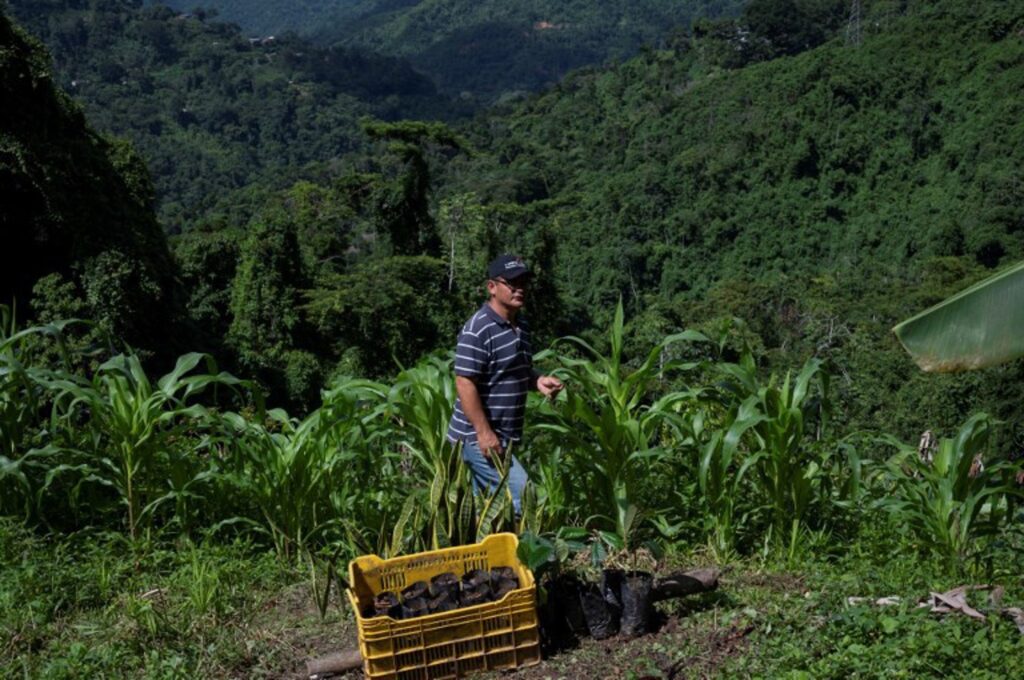The European Union's Member States have approved a law aimed at preventing deforestation due to the production of goods for the European market.
The regulation compels any business involved in importing or exporting certain products within Europe to adhere to a series of diligence rules. These rules mandate the tracing of the origin of the products in question. The law specifically covers palm oil, livestock, timber, coffee, cocoa, rubber, soy, and several related products, including chocolate, furniture, paper and many palm oil derivatives.
During negotiation phases, Member States and European Parliament have been careful not to overwhelm traders and governments with excessive administrative tasks. Small traders will be able to rely on larger sector peers to draft their own due diligence declarations.
Last month, the European Parliament gave the green light to the new law. On Tuesday, the Council followed suit, with 22 Member States, including Belgium, voting in favour, while five abstained. This implies that the regulation can appear in the European Union's Official Journal, becoming effective 20 days later.
The new rules will retroactively come into force; only products originating from lands not deforested after 31 December 2020 will be welcomed into Europe. Importers will also need to be mindful of indigenous people's rights. Non-compliance risks fines of up to 4% of the annual turnover.
The regulation has been triggered by the loss of around 420 million hectares of forest – an area larger than the European Union – globally since 1990. About 10% of this loss is attributed to consumption in Europe. This new legislation pertains to forests within and outside of Europe.

